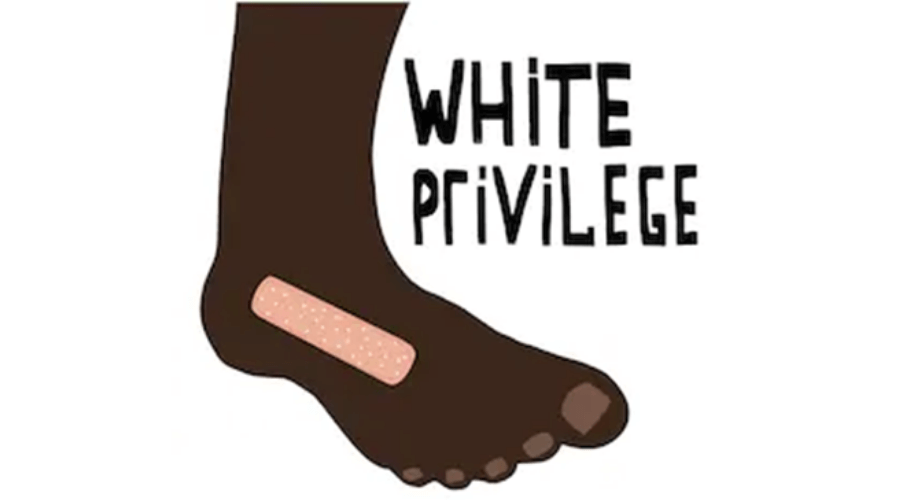What is white privilege?

For many autistic people, autism is a very important part of their identity. But alongside autism they may have other important identities, like race, heritage and ethnicity.
Some people will not have experienced being disadvantaged or discriminated against because of the colour of their skin.
For a long time in Western cultures, there have been lots of white people in government and positions of power. As a result, these societies have historically been shaped with more choices and opportunities available for white people. Often the different needs of people with other skin colours hadn’t been considered.
This means there are lots more challenges for non-white people.
This is known as white privilege.
There are many examples of white privilege and it can affect all areas of life. For example, research in the UK has shown that black people are more likely to be stopped and searched by police.
Another example is how ‘skin coloured’ plasters have been traditionally designed to match mostly white skin tones. These are examples of white privilege because in both cases, white people often don't have to think about these issues. They don't have to think and worry about being pulled over by police randomly, or not finding a plaster that matches their skin colour.
Choosing to have white privilege is not done intentionally, people are often born with this advantage and aren’t aware of it. Being educated on white privilege is very important because then people are aware about how to use it to benefit others. People who do have the privilege of not having experienced racism can use their platform to support non-white people and the challenges disproportionally faced by people who are not white. This can be done by being an ally.
Another modern example of white privilege is white actors taking the majority of the leading roles in Hollywood because historically this was more appealing to audiences. Recently, lots of black directors and produces have overtly tried to challenge this status quo by creating more opportunities for non-white people, amplifying their talent.
Questions that can help you understand privilege: What does privilege look like to you? Have you had opportunities that others have not? Do you know people with white privilege?

